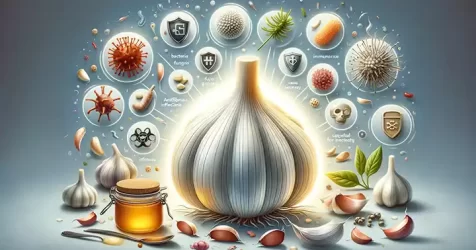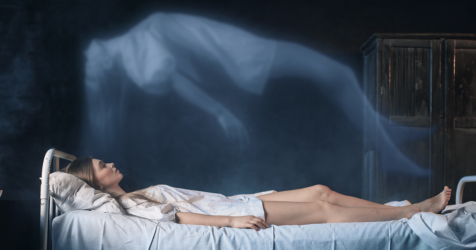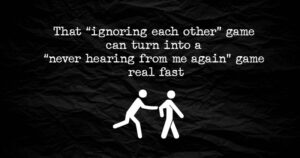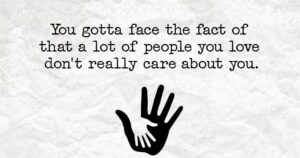How to cope with the death of a loved one
Losing a loved one can be devastating, whether the death is a sudden one or as a result of an illness. Ine day, you are having a memorable moment with them; the next day, they are gone. And if it’s a lover, you become lonely, and the days become heavy.

“The Sky looks different when you got someone you love up there.”
Between the lifestyle changes, the intense emotion, and a lot of practical considerations that tend to follow the death of a loved one, you probably feel overwhelmed, the future becomes bleak, breathing becomes heavy, anxiety starts to set in. with time, the grief will subside, and you’ll build a new life. But in the meantime, here are some tips to help you cope with the tragedy.
- Don’t be too hard on yourself.
It’s hard enough that your loved one is gone, but being too hard on yourself won’t solve anything. There’s no right way to think about it. And different variables contribute to your emotional and physical reaction when this happens, including how happy and how long you were with the person and how they died.
You may feel shocked, anxious, shocked, or brokenhearted. You may also feel guilty for being the one who is still alive. Some people also react angrily to their spouse for leaving them. But, at the end of it all, how you grieve is unique to you.
- Take care of yourself.
Some people lose loved ones, and they deteriorate physically or mentally. Grieving can be so heavy to take. You may have no appetite or have sleepless nights. It may be easier said than done; however, try to take care of your mental and physical health. Eat well, try to get enough sleep, and exercise more. You should also try as much as you can to avoid drowning your sorrows by taking drugs or drinking excessively – none of these things are ideal for you in the current state you are in right now.
- Seek support
Coping with the loss of a loved one is extremely confusing and lonely. And it isn’t unusual to feel depressed. Losing a loved one is also associated with a high risk of having several psychiatric disorders.
Studies also suggest that a lack of social support at this phase of your life can be a key trigger of depression. This is why it is crucial to always reach out to people in your life (and your community) for help. You may be inclined to look inward, but you’ll fare better if you seek friends, family, and spiritual support.
- Adjust your social life
Adjusting to the social norms and navigating your social life after this type of event can be complicated. You may feel awkward going to events or stepping in their rooms. If you’ve recently lost a partner, going to parties or couples’ functions can be strange. However, being single can help provide an opportunity to meet new friends. Also, you can consider taking a class or volunteering to help you get out of the house regularly.



















